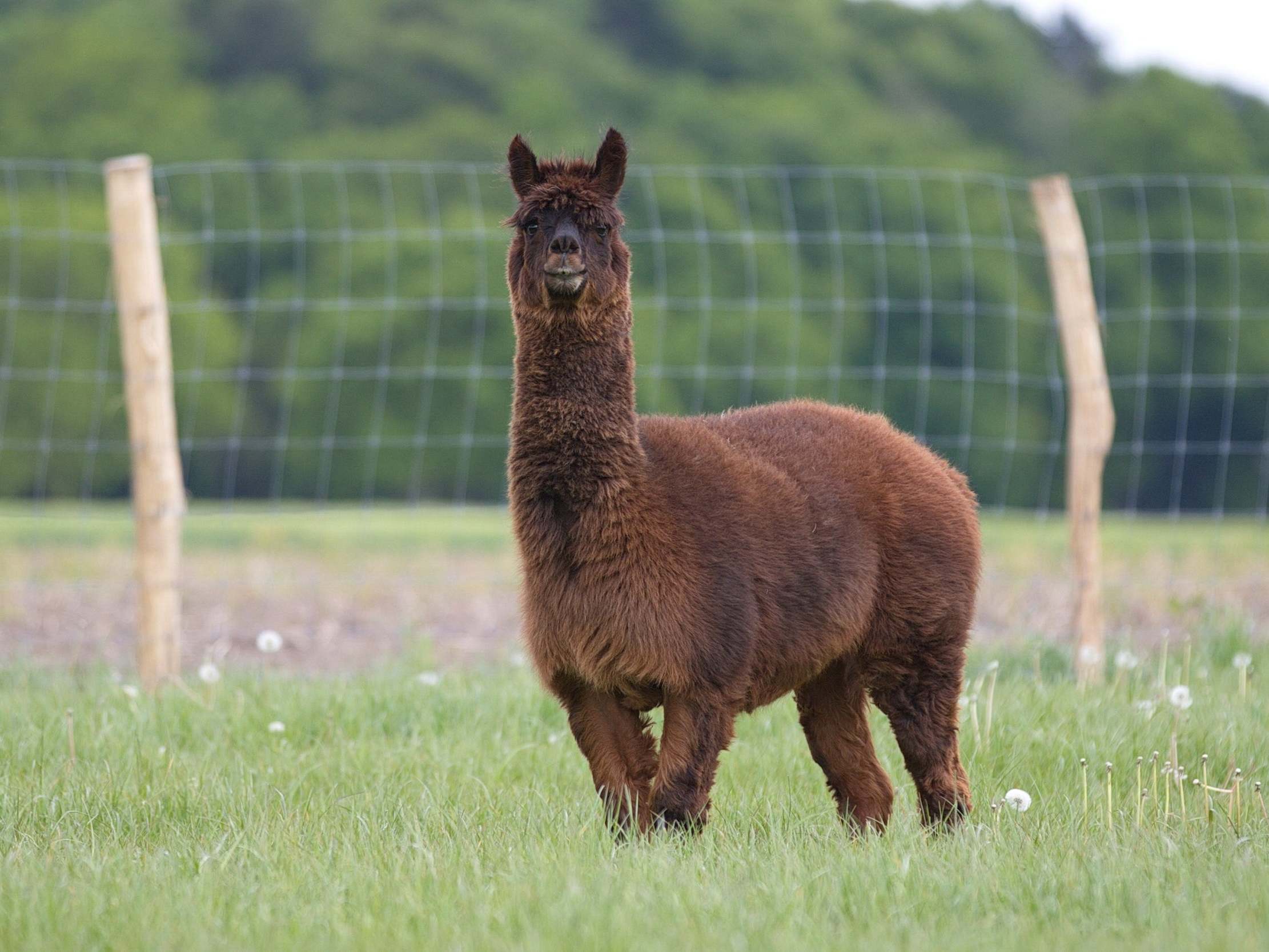This website uses cookies so that we can provide you with the best user experience possible. Cookie information is stored in your browser and performs functions such as recognising you when you return to our website and helping our team to understand which sections of the website you find most interesting and useful.

Tiny antibodies found in alpacas could hold the key to neutralising the virus that causes Covid-19 and aid in suppressing a second wave of infections, scientists have said.
A study carried out by scientists in Sweden and South Africa have used the tiny antibodies, which are roughly a tenth of the size of a normal antibody and called nanobodies, from an alpaca named Tyson to prevent the virus from “binding” or infecting a person.
Tyson, a 12-year-old alpaca in Germany, was immunised with virus proteins by scientists at the Karolinska Institute in Stockholm. Earlier this month, the team isolated the nanobodies from Tyson’s blood that bind to the same part of the virus as human antibodies and could block the infection.
Gerald McInerney, head of the team at the Swedish institute, told Reuters: “We know that it is the antibodies that are directed to the same very, very precise part of the virus that are important and that is what we have engineered with this antibody from Tyson.
“In principle, all the evidence would suggest it will work very well in humans, but it is a very complex system.”
The nanobody “directly interferes” with the Covid-19 virus’ ability to infect a host by targeting its “spikes”, therefore “potently” neutralising it, according to The Telegraph.
The authors of the research, from the department of Microbiology, Tumour and Cell Biology at Karolinska, wrote: “The current coronavirus pandemic has drastic consequences for the world’s population, and vaccines, antibodies or antivirals are urgently needed.
“Neutralising antibodies can block virus entry at an early step of infection and potentially protect individuals that are at high risk of developing severe disease.
“When available, specific antiviral drugs or antibody therapies will be used to protect individuals at risk and their widespread use will allow immunologically naive populations to exit lockdown more safely,” they added.
The work is still in its early stages and the academic paper has not yet been peer reviewed, but the team at the Karolinska Institute are not the only ones looking to alpacas for a cure for the new coronavirus.
Researchers at the University of Kentucky College of Medicine are also studying nanobodies produced by three alpacas named Big Boy, Blue Eyes and Emperor.
Sidney Whiteheart, co-leader of the study and a professor in the Department of Molecular and Cellular Biochemistry, said: “The idea is that the nanobodies are small enough to access small pockets on SARS-CoV-2’s spike proteins, which is the part of the virus that attaches to host cells.
“A nanobody that could block the binding of the spike protein to its cellular receptor could be an effective treatment for Covid-19.”



 Africana55 Radio
Africana55 Radio 

